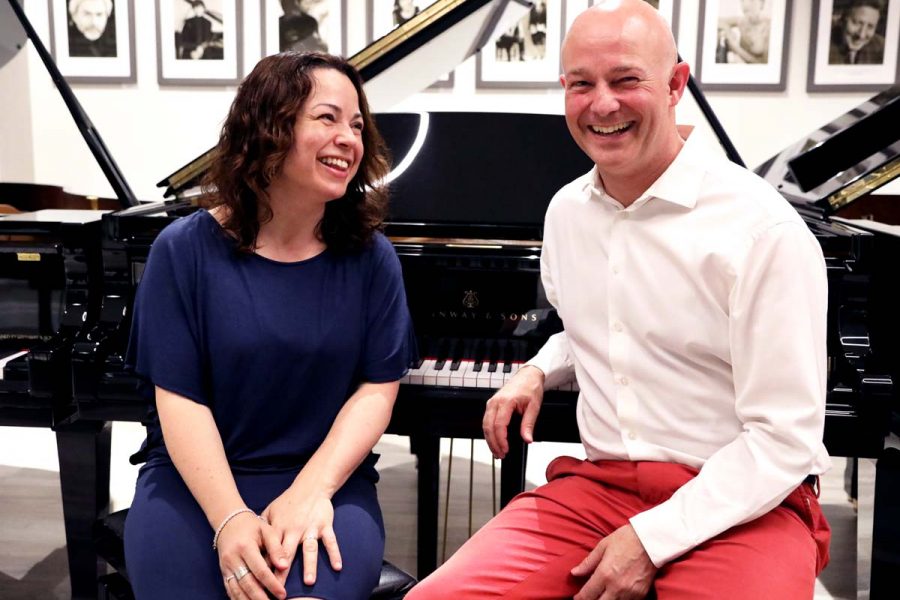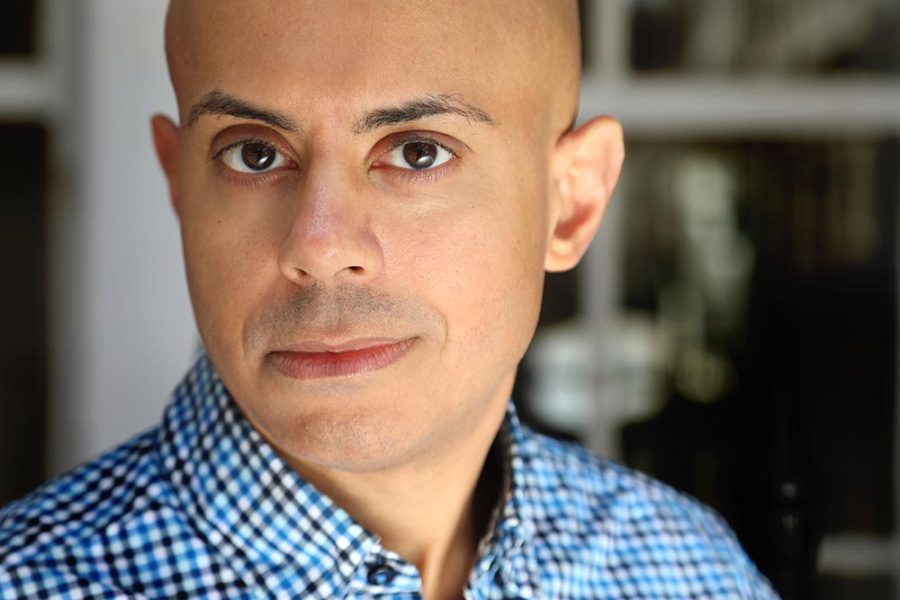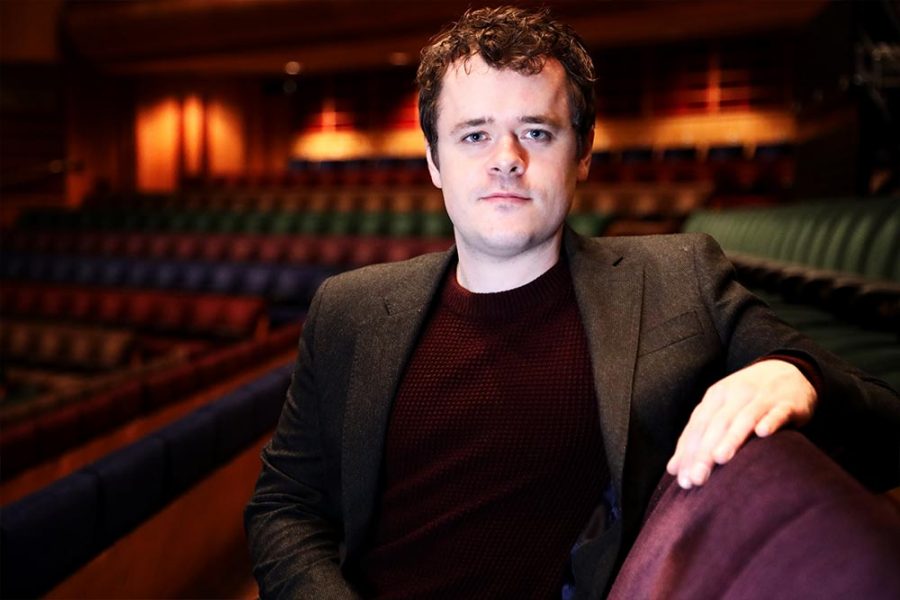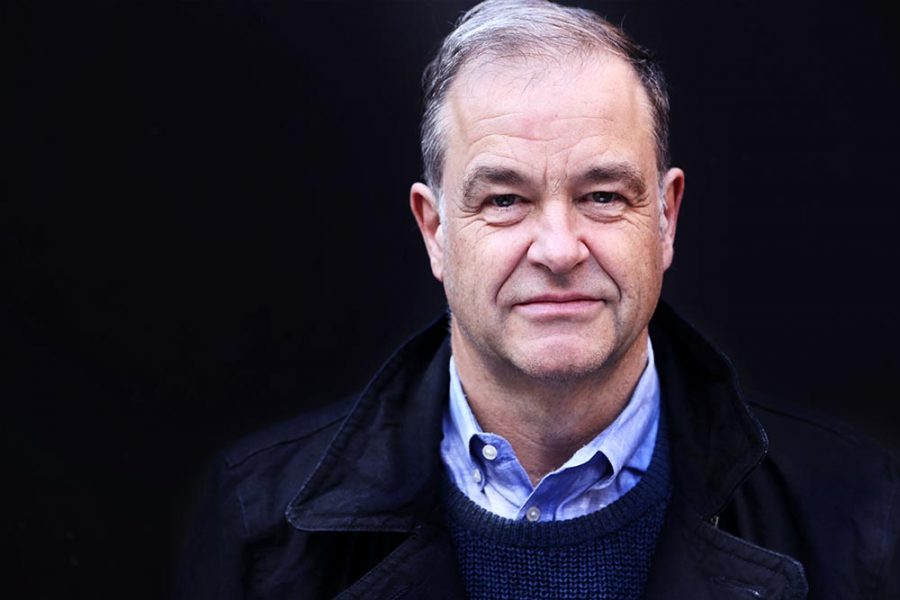Reflections: Veronica McSwiney

August 2015
Words by
Emer Nestor
Photos by
Frances Marshall
Veronica McSwiney is one of Ireland’s much-loved and world-famous pianists. Over the course of her extensive career, the Dublin-born virtuoso has enchanted audiences with her sensitive and intelligent interpretations of the canonic greats.
She was the first Irish pianist to be invited on a recital tour of the USSR in 1975, and was invited back for three subsequent tours, performing concertos with many of their finest orchestras. Veronica enjoyed 12 years as Music Director of the Irish National Opera Company, and had a thriving career as a pianist on board cruise ships such as P&O Cruises, Crystal, Celebrity and Radisson. Veronica’s passion for chamber music has led to numerous successful collaborations, and she is a founding member of the Eblana Ensemble. Veronica kindly invited us into her home to chat about her amazing career, and life after the passing of her daughter Judi.
Sir Robert and Lady Dorothy Mayer played a fundamental role in your early music studies — can you tell us more about how you met, and what they did for you?
Just before my 15th birthday I played my first concerto with the RTÉSO (now RTÉ NSO). I was the soloist in a Ceol Cumann na nÓg concert in the St Francis Xavier Hall, which was the home, at that time, of the RTÉSO. Sir Robert had started this organisation in Ireland, which was directly linked to the ‘Youth and Music’ organisation that existed in the UK. In fact, he was knighted for the work he did for youth and music. They were a very generous couple indeed, and were present at that performance of Beethoven’s Piano Concerto No. 1. From that day, they took a great interest in me, and every time they came to Ireland they always invited me to have tea at their house on the Vico Road. I always played for them.
In those days there was no money available anywhere in Ireland to help talented young music students, and certainly my father, who had six more children coming along, did not have the necessary cash to send me away for further studies when I left school. Lady Mayer and Sir Robert took me under their wing, and paid for my studies with Denis Matthews initially, and later with the eminent Hungarian teacher, Ilona Kabos. These lessons were in London obviously, and they paid for my airfares to London. I always stayed with them at their beautiful London home in Mansfield Street, just off Regent Street. Without their help and enthusiasm, I think I could well have had a totally different career!
As a young Irish teenager, what was it like to study at the prestigious Mozarteum Academy in Salzburg under Bruno Seidlhofer?
My studies with Seidlhofer in Salzburg were funded by the City of Dublin Vocational Education Committee. My time at the Mozarteum in Salzburg was a wonderful experience, as I got to meet many other pianists from all over the world. Coming from Ireland at that time, we really did not have much opinion of ourselves. We seemed to have inherited a great inferiority complex, and always thought that everyone else was much better than us. For the first time, I began to realise that this was not the case. Very often Seidlehofer chose me above other students to represent him at concerts and broadcasts on Austrian Radio. This did a lot to strengthen my belief in myself.
What are your memories of your studies with Ilona Kabas in London?
Ilona Kabos taught privately at her home in St John’s Wood. She was a tiny lady but really tough. She demanded a lot from her students, and I loved every minute in her company. She had many very famous pianists at the time like John Ogden, Tamas Vasery and Peter Frankl. I used to find it a bit daunting when I would enter her house as, for example, John Ogden was coming out. She had been married to another great Hungarian pianist of the time, Louis Kentner. She was a wonderful teacher, especially in the Romantic repertoire. She was “horrified” when I turned up to a lesson one day wearing an engagement ring. I was married by the age of 24 — not done much these days!!! She told me I was throwing away a wonderful career. “You cannot mix a family and a career” she told me. “Impossible for a woman”, she said. I can still hear her!
Can you recall your Wigmore debut?
In my Wigmore Hall debut I played a Mozart Sonata in A Major, Schumann’s Fantasie in C Major, a short Irish work by Bruce Graham-Hersey, Prokofiev’s Sonata No 2, and Estampes by Debussy. This was such a long time ago. It went well for me. There is always a question of luck with these debut recitals. It is important that the right critic comes along, and someone of influence hears you. There is always plenty happening in the concert world in London, so you have to be lucky to get the right night. However, some things did happen for me. Of course you are always nervous when it comes to a performance. It is really a necessary ingredient, but the important thing is to keep those nerves under control.
How did you become involved in the acclaimed Claddagh recordings of the John Field Nocturnes in the 1970s?
I was approached by Garech de Bruin to record the Field Nocturnes, which we did at his home in Wicklow in 1972. I always loved these beautiful pieces from the time I was a young student. It was wonderful to get the opportunity to record all 18. This recording did more than anything I had done before to promote my piano playing abroad. I recorded these a month before my third child, Aisling, was born.

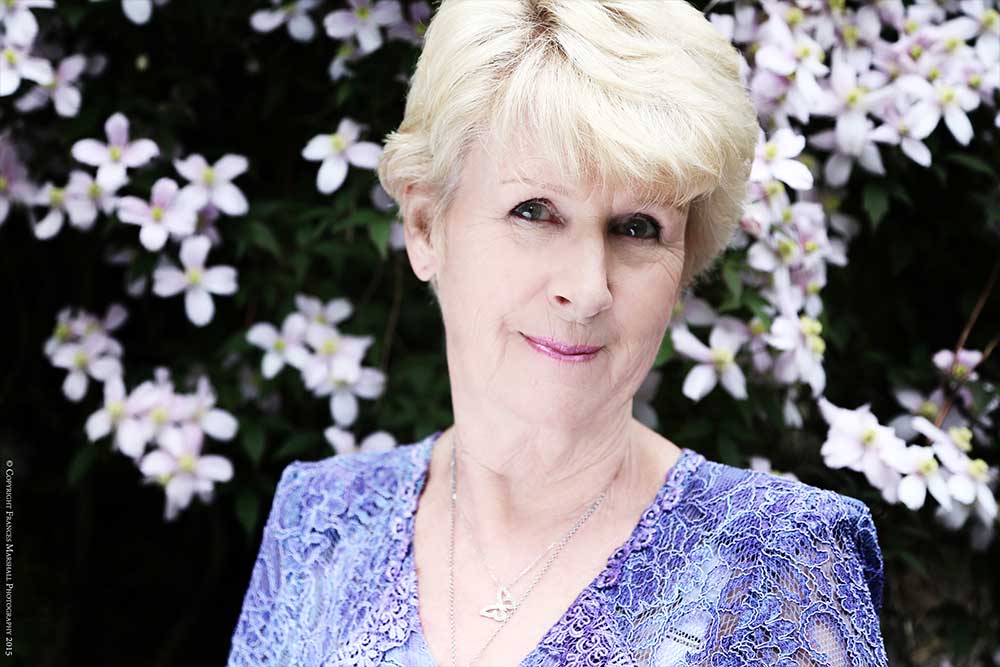


I like to find out as much as possible about what was going on in his life at the time of writing. Each piece has to have a story for me."

You were the first Irish pianist to be invited by Gosconcert to do an extensive recital tour of the USSR in 1975 — what was this experience like?
The Field recording was the springboard to the first Russian tour. Ireland had just invited a Russian Embassy to Dublin. The Ambassador Anatole Kaplin, was a very tall striking looking man who also loved classical music. He sent my recording to Gosconcert, which was the big agency in Moscow for classical music. I was so surprised and excited, as these were the days when no one visited Russia for holidays. This was the Soviet Union!
I got a great send-off from Ireland with a big party at the Russian Embassy, and I also performed my recital programme at Áras an Uachtaráin in the Phoenix Park, where I was invited by our President, Cearbhaill Ó Dálaigh, to perform for an invited audience, which comprised of all the ambassadors of the various countries in Ireland at the time, and other guests including my very proud Mum and Dad. I was in awe of the great Russian pianists of the time like Richter, Gilels, and Ashkenazy, to name but a few. I held them in such high regard and I felt very “small”, but I wanted to do the best I could to represent my little country.
My tour was for 16 days, during which time I played 7 or 8 recitals. Travel was quite difficult as it was December, and I had never in my life seen snow like it, nor experienced cold like it. We arrived in Moscow in 30 below! The Concert halls were lovely…very big and very warm. The audiences were just gorgeous. I found the people so friendly and very interested in hearing about Ireland. Everywhere I went, the audiences gave me a wonderful reception. My recitals on that first tour took me from the Ukraine to Russia, to Lithuania and Latvia. I had a wonderful guide called Olga, and we became very close friends. On my first tour I played only solo recitals, but on further tours I played a mixture of recitals and concertos with various Symphony Orchestras. Certainly this tour banished any concerns or inhibitions I might have had about visiting Russia. I just could not wait for the next tour.
Do you have any particular affinity with the piano music of Russia?
I love the Russian composers, especially Rachmaninoff, Tchaikovsky and Shostakovich. I have also played Stravinsky and Prokofiev, but I do favour the Romantics.
As a lover of Chopin, what do you try to bring to your interpretations of his music?
Chopin is one of my top favourites. He was not a big man, quite delicate in fact. I do not like a heavy-handed approach to his work. He is a true poet as far as I am concerned. Beautifully clean finger-work, and a delicious cantabile sound is the true essence of his writing. I like to find out as much as possible about what was going on in his life at the time of writing. Each piece has to have a story for me. I often make them up for myself. Once I have mastered the actual notes on the page, I just let the music take over.
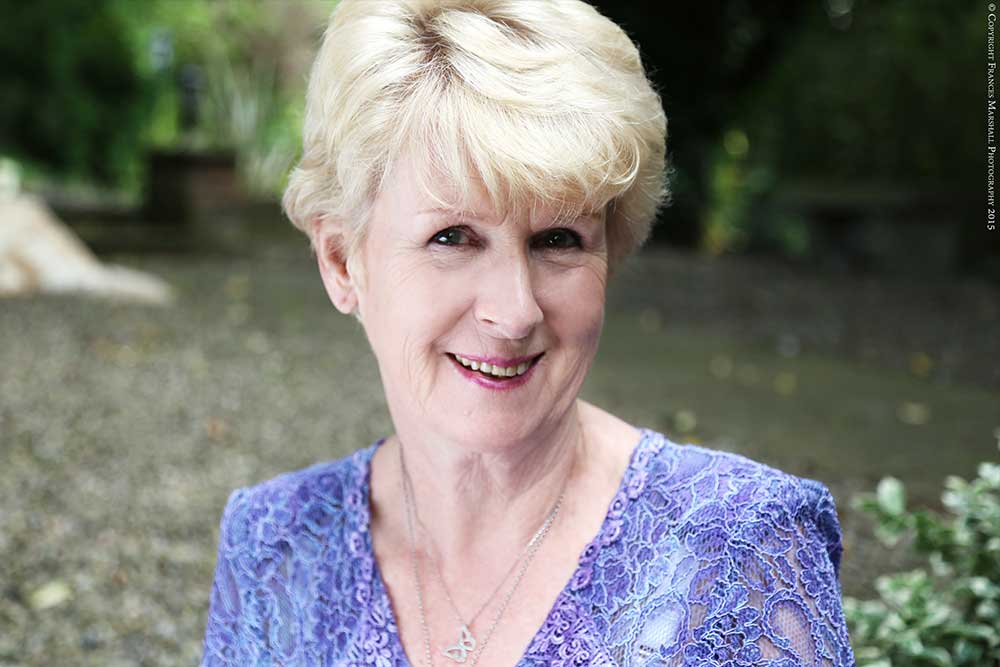


Having toured extensively throughout Europe, the UK and America, do any particular performances stand out?
There are many places which I could pick out, but I think St Petersburg stands out for me because of the beauty of the Hall. Next would be my performance of the Dohnányi Variations at the Royal Festival Hall in London with the London Symphony Orchestra. It was just a great night with a super audience, and having studied the piece with Kabos, I felt totally at home with the work. This was one of the few occasions when I walked off stage really happy with what I had done. This does not happen often! I can tear myself apart at times.
Why did you decide to perform on the Cruise Ships — would you recommend this lifestyle to other classical musicians?
The first time I was invited I was not remotely interested. The gentleman in question came back a second time and I explained that I did not play for afternoon tea or such like!!! He said he wanted classical concerts for the up coming World Cruise. This was 1975, the year of my first Russian tour. My mother encouraged me to try it once, as it was going to come immediately after the Russian tour, and she thought it would give me an opportunity for a break. It was also going to take me through the Panama Canal, on to Mexico and California. I had never been to any of these places. I only had to play four hour-long concerts in about three weeks. IT WAS WONDERFUL!! I loved it.
In those days cruising was really only for the well-to-do. Everything was fantastic. The parties on board!!! I made lots of great friends that I still have to this day. I did lots of these on and off for over 30 years. It was a great opportunity in time to take my family with me. The children had wonderful experiences and saw places in the world that they would never have seen otherwise. New cruise companies sprang up all over the place. Nowadays it is in no way like what it was then. Some ships are properly geared for classical music with nice pianos, and also guests who appreciate classical concerts. These are the ones to find. I found it very useful, especially if I was preparing a new recital programme, as you had a ready-made audience to try out your new repertoire.
I also learned a lot about presentation and talking to the audience, which is an essential part of playing on board a ship. People love to hear you talk! I would do the same again if I had my life all over. I have seen the world from the Arctic to Antarctica, from the Americas, North and South to India, Africa, Australia and in between. How many people have seen Pitcairn, Easter Island, Raratonga, the Hawaiian Islands? Wonderful ports in the Med, and my favourite, Scandinavia. It is all part of the performing world I say…and why not! An audience is an audience.
Tell us about your collaborations with BBC broadcaster, Richard Baker.
Richard Baker became such a good friend. I met him on board a ship for the first time when he invited me to join his music team for a Classical Music Cruise on board one of the P&O ships, Victoria. I did many Classical cruises with him, as we were both with the same agent. He had retired from the BBC and was a very popular music presenter on BBC Television, and at many music festivals throughout the UK. I was living in Manchester at the time. He invited me to join him many times at these festivals, and we did programmes on the lives of the great composers. He had this wonderful speaking voice and a great presence. I loved these presentations.
Describe the ethos of the chamber group, the Eblana Ensemble.
I formed the Eblana Ensemble when I came back to live in Ireland in 1997, as I really wanted to perform chamber music. All my life till then had been more in the solo world, which can be a lonely place. I just love making music with other people. My daughter Aisling is a wonderful violinist, and she also loves chamber music. We play whatever repertoire we want to play, and invite other musicians to join us. It’s as simple as that…quartets, trios, quintets…whatever comes our way!
As an adjudicator, what do you look for in a performance?
I am looking for the musician inside! MAKE MUSIC PLEASE! Nowadays we get many pianists with phenomenal technique. That becomes very boring for me after a short time, especially if it is at the expense of the music. When you get the combination of the two, then it is exciting. You can hear 40 kids at the Feis play the same piece and suddenly one hits you right between the eyes. There is soul there. No-one can teach this. It is a gift from the Almighty.
What advice would you give to young pianists today who hope to pursue a career as a touring concert performer?
This is a very difficult question to answer. First and foremost you have to make terrific sacrifices. There are no short cuts. You have to be prepared to work really hard. There are brilliant young musicians all over the world who are prepared to work their socks off, and unfortunately the pool of work appears to be shrinking. You have to really want to do it. As a pianist it can be a lonely life. You need to get the break at the right time. For some that never happens, unfortunately. There is so much luck involved. On the other hand the sense of achievement, when things do work, is amazing. As a woman it is definitely more difficult than it is for a man, if you choose to marry and have a family as well. It is only natural that the needs of your child will come first. Men get off easy!!! However, motherhood has its rewards in bucket-loads as well. I feel I have been very lucky in life. I have thoroughly enjoyed my career, and a beautiful family to boot.
Understandably, you took a break from music making following the untimely death of your daughter Judi — has music given you much comfort?
Yes! I sadly lost the most beautiful girl, in the prime of her life, to meningitis. Judi was a wonderful musician, far more academic than me. She was also a very fine pianist, but never wanted the solo concert world. She had the most amazing gift for teaching that I have ever come across. She loved accompanying singers, instrumentalists, choirs, anything. Any child who had lessons with Judi was a very lucky child indeed. I still hear from many of them who miss her greatly still. I not only lost a daughter but a great friend. She was great company, with a lovely sense of humour, and always very grounded. Very often I would discuss points of interpretation with her and saw things from a different perspective. She lived very nearby, and it is taking me a long time to accept that I will not see her again, in this life. However, I do feel that she is around, watching over us. I could not even enter my music room for a long time, and concerts were totally off the spectrum. But through her friends, I am back on track, and I know she is pleased about it. Music can be a great source of comfort, but for me it was very painful for some time. I think I have come to terms with my loss and am in a better place now, but life will never be the same for me without Judi.
What’s next on the horizon for you?
The next series of concerts are with my daughter, Aisling O’Dea, and a very dear friend and beautiful soprano, Virginia Kerr. We are giving our first recital in the John Field Room on 4th September at 1.05. This is quite a special programme of really interesting repertoire for voice, violin and piano. Music by Strauss, Rachmaninoff, Haydn, Saint-Saëns and many more. The following week we will be performing in Listowel (9th September), Kilmallock (10th September), and Armagh (11th September). We plan to cover many more Arts Centres in the coming year.
All images displayed in this article are subject to copyright.
Share this article


